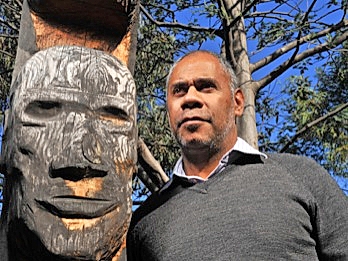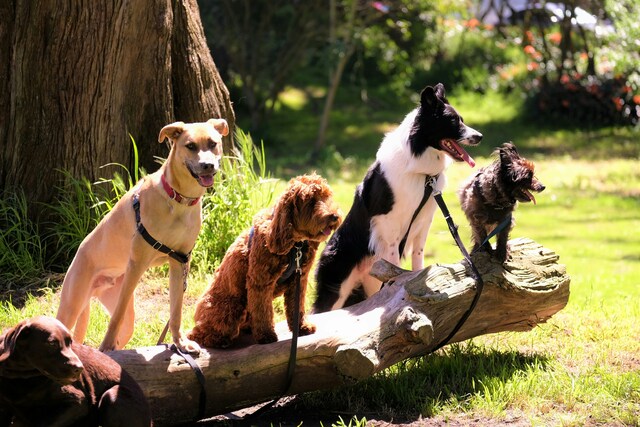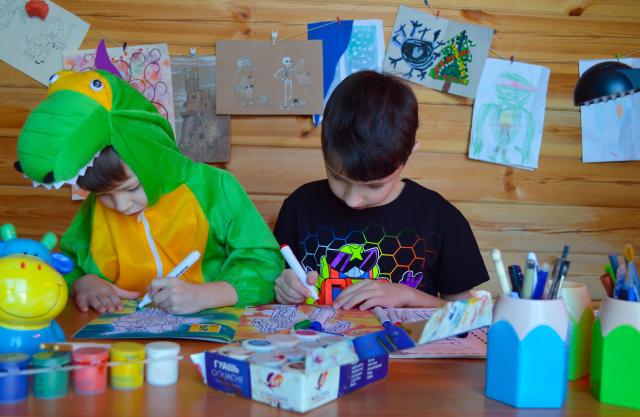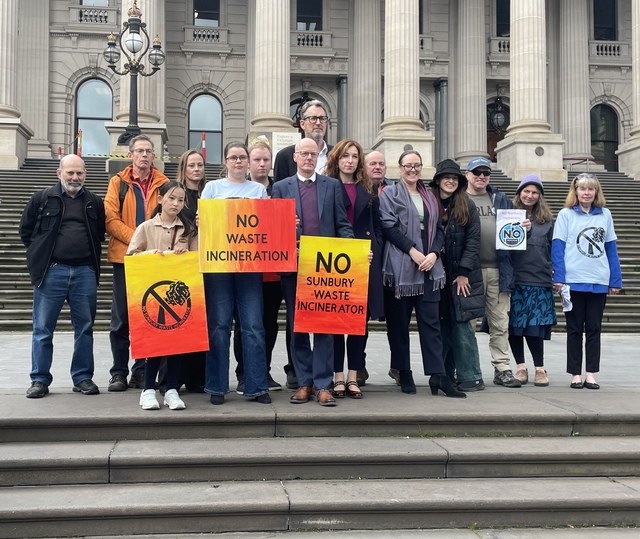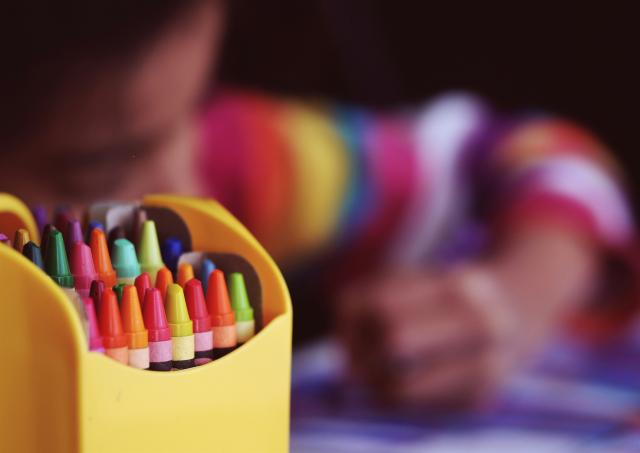Bunjil the eagle marks the beginning of time for local Gunung-Willam-Balluk people, on whose land the Broadmeadows Koori Indigenous Education Centre sits.
A Bunjil totem stands at the entrance to the Kangan Institute education centre, which celebrates its 10th anniversary this year.
It has been a decade of great progress for grassroots participants who come from all over Melbourne’s north, a journey contrasting, all too often, with a lack of recognition from the wider community of what reconciliation with Australia’s black history really means.
Reconciliation Week has just passed and centre manager Linc Yow Yeh did not hold back from saying the reconciliation journey has been “watered down” and needs redefining.
This goes beyond the centre’s core purpose of offering education pathways for indigenous youngsters. The centre’s first music graduate, Michael Smith, “a proud Gurindji lad”, cited health issues, incarceration rates and land rights as issues needing more national debate.
Mr Yow Yeh pointed out that Sorry Day, on Monday last week, should have been marked by Hume council flying the Aboriginal flag outside its headquarters at half-mast.
“It’s like Anzac Day,” he said. “It [commemorates] those who have been lost.”
The gardens around the centre, he said, were the inspiration of local elder Uncle Norm Hunter, who has since passed.
“Uncle Norm had a true recognition that reconciliation means indigenous and non-indigenous people working together,” Mr Yow Yeh said.
“Indigenous issues need to be at the forefront of everyone’s thinking in order to identify what it means to be Australian.”

